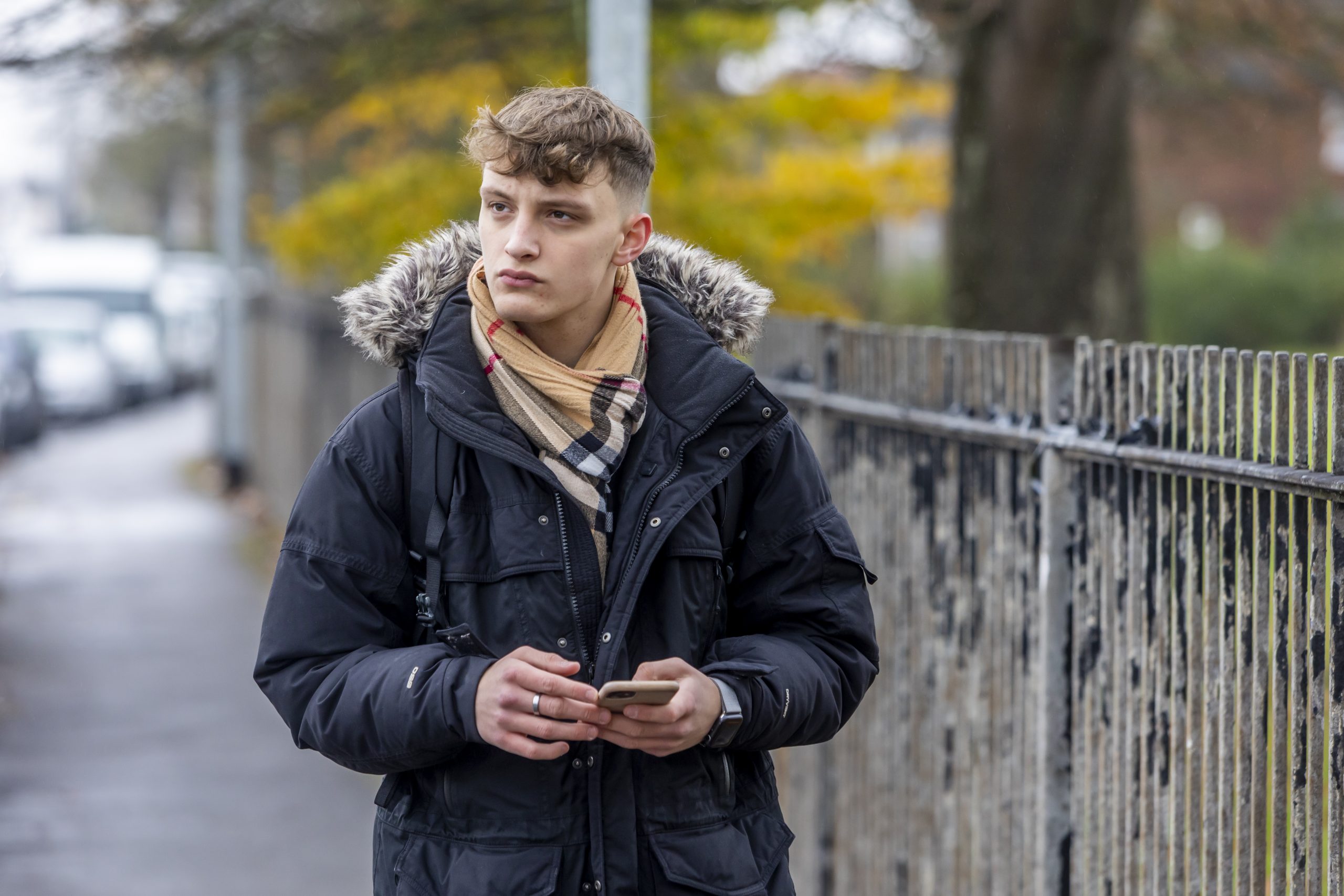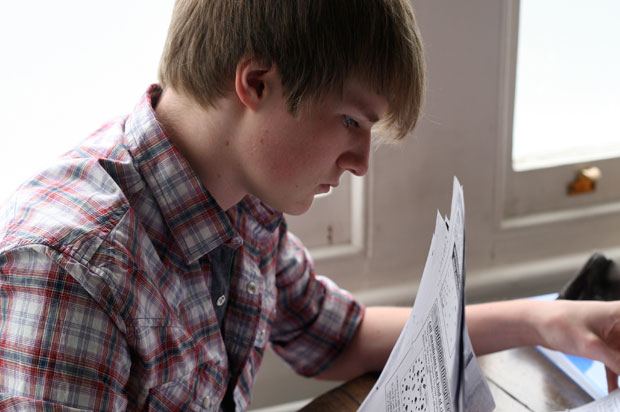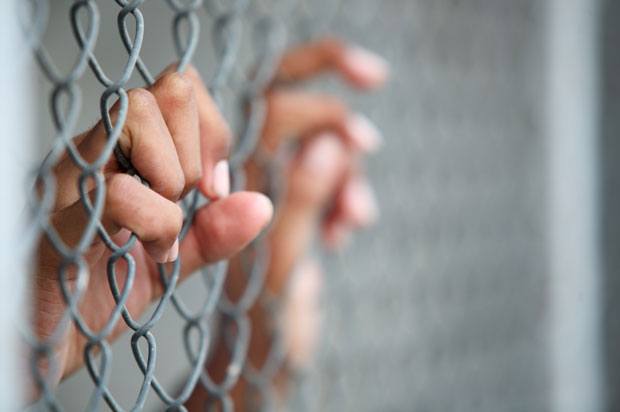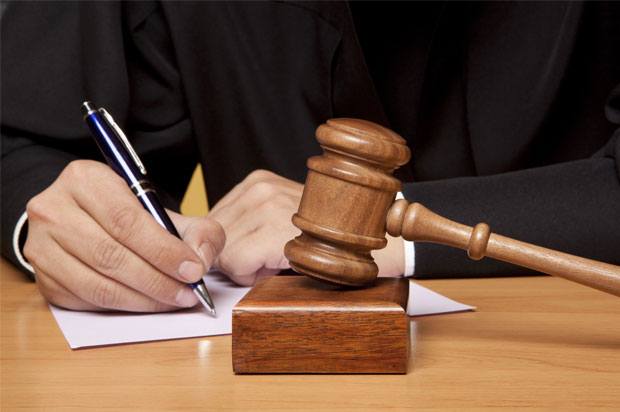Court procedure in the UK
The prospect of appearing in court can be scary. Here's what you need to know about Magistrates, Youth and Crown Court procedure.

1. Magistrates’ Court procedure
Why am I here?
If you’re 18 or over, and have been charged with committing a criminal offence, you are required to attend a hearing in court. Offences can be divided into three categories:
- Summary Offences
These are lesser offences, such as minor assault or motoring offences. Cases are usually heard by a panel of magistrates. - Either-way offences
These are more serious criminal cases that can be heard by a magistrate, or at a Crown Court before a judge and jury. Theft or handling stolen goods may be considered either-way offences. A Crown Court can impose stiffer sentences, if found guilty. - Indictable-only offences
These are serious charges, such as manslaughter, murder, rape and robbery, which are always heard at a Crown Court, before a judge and jury.
What happens inside?
Magistrates’ Court procedure dictates that hearings normally take place in a courtroom, with a gallery for the general public. Going to court can be stressful. If you’re at all concerned, you can contact the court Customer Services Officer who can do the following:
- Arrange for you to tour the court in advance to familiarise yourself.
- Ensure you avoid contact with anyone else involved in the case, should this be an issue.
On the day of the case, your solicitor or defence representative will arrange to meet you outside the courtroom. No doubt you’ll be feeling tense, but they’ll understand how you’re feeling and be supportive throughout.
What happens if I plead guilty at the Magistrates’ Court?
At the beginning of the case, you will be read the charges, and asked to plead guilty or not guilty. The first hearing at Crown Court is called the Plea and Trial Preparation Hearing or PTPH.
- If you plead guilty at the Magistrates’ Court at the first opportunity, you will normally be given 1/3 credit, i.e. a one-third reduction in the sentence which would otherwise have been imposed if you were found guilty at trial. After this, the amount of credit you will receive for a guilty plea reduces on a sliding scale all the way to trial. You should seek legal advice before making this decision.
- If you are found guilty, the magistrates will hand down a sentence. This may be a prison term, community service or a fine. The maximum sentence a magistrate can pass down is six months imprisonment, or a £5,000 fine.
- If you plead not guilty, your case will be heard in full. You’ll present the case for your innocence (with the help of a defence lawyer), but the prosecution lawyer will also have a chance to prove you’re guilty. Witnesses may be called, and you might have to answer questions from both lawyers.
- If you are found not guilty, or ‘acquitted’, you are free to leave with your name cleared.
2. Crown Court procedure
Why am I here?
Cases will have been transferred there by the Magistrates’ Court, to be tried by a judge and jury. There are different reasons for this:
- The charges are ‘indictable-only’ and too serious for Magistrates’ Court.
- The case has been heard by a Magistrates’ Court, and the defendant found guilty, but sentencing has been referred to Crown Court for a tougher sentence.
- A magistrates’ court has referred the case for appeal.
What happens inside?
- When it comes to Crown Court procedure, a judge and jury of 12 people will hear the case, along with defence and prosecution lawyers. There will also be a gallery for members of the public and the press.
- The defendant is expected to take a seat on the dock (a raised platform) and stand when requested. Understandably, this can be an intimidating experience, but as the case proceeds things become more familiar.
- The average trial lasts for a day or so, but can extend into weeks and months if the evidence is complicated.
What do I plead?
- The plea procedure is much the same as it is in a Magistrates’ Court. If you plead not guilty then the jury will hear your case.
- At the end of the trial, the jury will retire to a private room to discuss the case and decide whether you’re guilty or not.
- This debate is highly confidential. Once a decision has been made, the head juror will pass the verdict to the judge.
- If the jury finds you not guilty then you are free to leave the court. If they find you guilty then the judge will pass a sentence. In a Crown Court, if the crime is serious this can extend to life imprisonment.
3. Youth Court
Why am I here?
- If you are aged between 10 and 17 and charged with an offence, the case will be heard at a youth court. This is usually held at a Magistrates’ Court, but at a different time from adult cases, or in a room set apart.
- In serious cases, such as murder, if the defendant is 14 or over, the case may be heard at Crown Court.
What happens inside?
The purpose of a youth court is to maintain the welfare of the defendant, especially if they’re very young. The case is still heard in full, but explained in terms they understand.
Media coverage and public access is heavily controlled. In almost all cases, the media is banned from identifying the defendant. Under certain circumstances, if the crime is serious or a matter of national interest, the ban may be lifted.
What do I plead?
- There’s no conviction in a youth court. Instead, magistrates can make a ‘finding of guilt’.
- Rather than a sentence, magistrates can issue an order made upon that finding.
- Depending on the crime, and the circumstances of the case, this could be anything from a fine to a community punishment, detention at a young offender institution, or a training order.
Next Steps
- Chat about this subject on our Discussion Boards.
By The Mix Staff
Updated on 14-Dec-2022
No featured article










